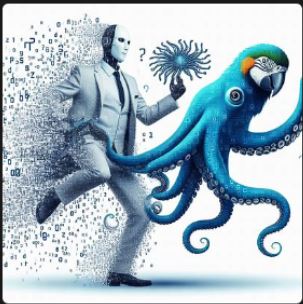Bernard Stiegler Philosopher of Algorithms and Data Science in the Anthropocene
A time to care and dream
DOI:
https://doi.org/10.14288/jaaacs.v16i1.198578Keywords:
Bernard Stiegler, Pharmakon, Automated society, statistical doubleAbstract
I focus my essay on the philosophy of Bernard Stiegler because I think he is the one philosopher who is thinking through the consequences of algorithms and data science. In what follows I give a brief summary of his thought and then discuss the content of his thinking about algorithms, or what he calls automated society, and data science. I then outline a few areas that we can begin to think about how we as professors, teachers, and students can live within the realm of algorithms and data without being authoritatively and completely coopted by them. The intellectual instinct of curriculum scholars is often to dismiss matters that pertain to technology and science as if we were entities separate from the world. The dismissal of algorithms and data science as something unworthy of our intellectual energy comes at a profound environmental, political, cultural, and educational risk. This is fundamentally one of Stiegler’s philosophical points and certainly mine too.


